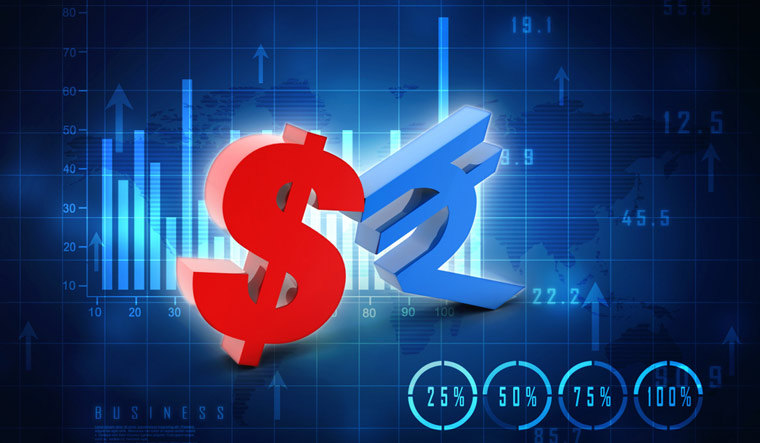It is a two-day string of decisions from far corners of the world, but they could have a profound impact on the immediate future of the Indian economy.
Starting Wednesday night and going into Friday, countries ranging from the US to UK to Brazil to Japan will decide on whether to increase interest rates or not, to tackle inflation. Countries including India had been hiking interest rates consistently over the past year or so in face of increasing prices. With rates already pretty high, the US Federal Reserve decision to increase rates from 5.25—5.5 or hold it which will come in tonight will be indicative.
But with so many of India’s crucial partners making a possible rate change, the question is, will it have an impact on India’s economy?
Already, the high rates in the US and elsewhere have turned the post-pandemic flow of funds into startups and other avenues of investment in India into a trickle. While inflation seems manageable in India, they are persistently high in major western economies, and many expect countries like the UK to go into a recession by next year.
It has also put a strain on India’s foreign exchange reserves at least — Reserve Bank of India through last week vainly fought the drop in valuation of the Rupee by selling reserve dollars.
On the face of it, India is feeling the brunt of it— the rupee at a record low while oil prices have been inching up, hurting forex reserves even further. Exports and imports this year have both been declining, signalling the drop in consumption in the country’s major trading partners like the US, UK, European Union etc. Further interest rate hikes could make it worse — demand for products and services from these countries is likely to drop further if rates increase.
International interest rate hikes are likely to have a mixed impact on India, felt Suyash Gupta, director general of the Indian Auto LPG Coalition. “On the one hand, higher interest rates can slow economic growth and reduce demand for oil, which could lead to lower prices. On the other hand, higher interest rates can also make the US dollar stronger, which can make oil more expensive for buyers using other currencies. This could push up oil prices, especially for net oil importers like India,” he said.
With Brent crude oil prices inching towards the 100 dollar mark, Gupta felt that any dramatic impact will depend on the rate hikes themselves, “including the magnitude and pace of the rate hikes, the global economic outlook, and of course, the geopolitical developments.”
“However, it is important to note that even a modest increase in oil prices can have a significant impact on India's import bill, as the country imports over 85 per cent of its oil needs,” he warned.
The glimmer of hope is, besides the hope the US Feds and others might pause hikes for the time-being (instead revisiting the rates again after two months), is that domestic growth could carry the day for India. Anshuman Magazine, chairman & CEO (India, South East Asia, Middle East & Africa) of the real estate consultant CBRE feels that India could be an outlier to the global worry points.“Factors such as growing population, urbanisation and rising income levels…has acted as a cushion against external challenges.”
The Reserve Bank in its monthly review had pointed out that core inflation was easing in India, and that meant prices would stabilise further domestically, unlike the acute situation in other countries. The government’s announcement on Monday that tax collections have been on an up — direct taxes increasing by 18 per cent while advance tax collections have gone up by 21 per cent also is a silver lining to the global storm clouds.



